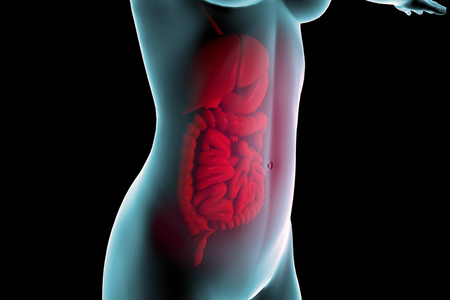Researchers have found a link between motor neurone disease and the gut microbiome. The research suggests microbes in the gut can exacerbate symptoms of motor neurone disease and some have a protective effect.
The researchers were studying a mouse model with amyotrophic lateral sclerosis (ALS), a form of motor neurone disease that affected Stephen Hawking.
Patients with ALS suffer progressive deterioration of motor function as motor neurones die. The disease is fatal and following diagnosis the typical prognosis is only 3-5 years.
Researcher’s at Israel’s Weizmann Institute of Science noticed that ALS mice fared much worse when their gut microbiomes had been wiped out with powerful antibiotics. That suggested the microbiome may play a role in the progression of the disease.
Further studies were conducted on the composition of the microbiome in normal mice and ALS mice. The researchers identified 11 microbes that were either more or less common in the ALS mice when symptoms of ALS first started to appear.
The researchers isolated three microbes, two of which exacerbated the symptoms of ALS – Ruminococcus torques and Parabacteroides distasonis – and one appeared to reduce symptoms – Akkermansia muciniphila.
Determining which molecules produced by the microbes had an effect on the progression of ALS was a painstaking process involving an analysis of thousands of different molecules.
One molecule that appears to play an important role in suppressing symptoms is nicotinamide. When nicotinamide was administered to the ALS mice, they showed a significant improvement in their ALS symptoms and gene expression was also altered and returned to a healthier state.
A study of the microbiome of 37 human patients revealed the patients had low levels of nicotinamide in their blood and cerebrospinal fluid. The levels of nicotinamide mildly correlated with the motor functions of the patients.
It is too early to tell whether nicotimamide could be given to human ALS patients to improve symptoms as the results are only preliminary.
The findings are certainly promising, especially as manipulating the gut microbiome of patients with ALS is relatively straightforward. It could therefore serve as a viable treatment option and would not take long to translate the research into a human therapeutic trial.
